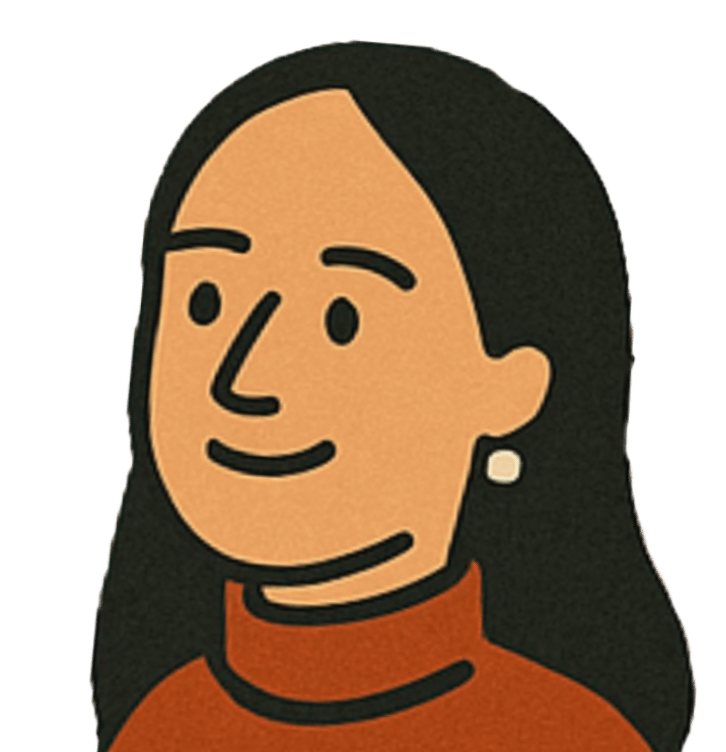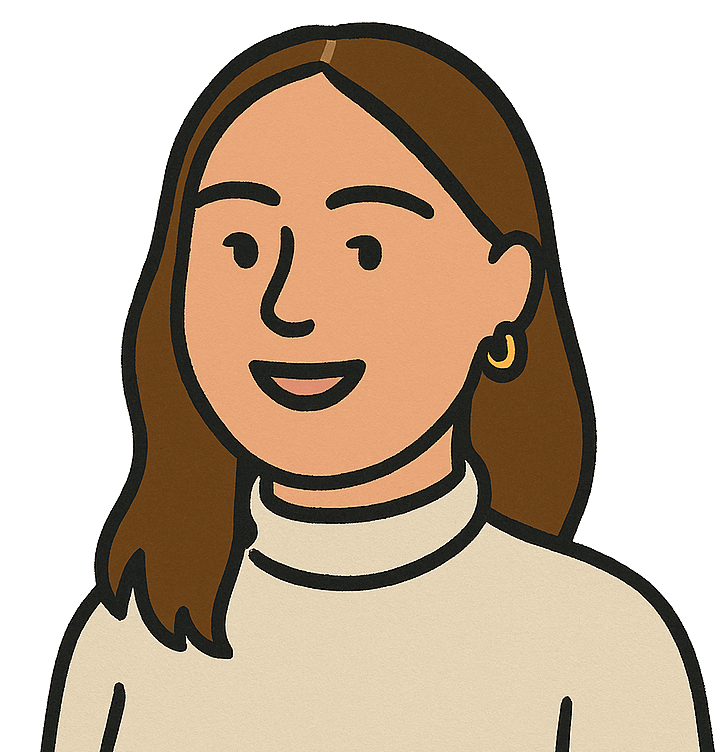When international students begin their career journey in the U.S., they’re often told two things:
- “Start early.”
- “Network like your future depends on it.”
Both are true—but rarely are students told how to start, or what networking actually means when you don’t have cultural context, visa security, or confidence in your accent.
In this article, Yi Yin and Karina Muñoz (two former international students) unpack the myths, mental traps, and missed opportunities that shape the job search for international students.
The Misconception: "I Thought I Was Competing on Equal Terms"
Yi: “When I first applied to jobs, I would psych myself out. I kept thinking, ‘Why would they hire me? I’m not a native speaker. I need visa sponsorship. There’s probably someone else with the same degree who doesn’t come with all that baggage.’”
That belief led to a quiet form of self-rejection. Yi stopped applying to roles she assumed she couldn’t get. Every automated rejection email felt like a verdict.
Karina remembers feeling blindsided by the length of the hiring process. “In Mexico, I once walked into an office, dropped off my resume, and got hired the next day,” she said. “So when I came to the U.S., I didn’t realize that a job application could involve five interviews, a case study, a presentation, and weeks of silence.”
That silence can become internal noise: “Maybe I’m not good enough. Maybe I don’t fit in.”
The Reframe: Your Difference Is the Edge
For both Yi and Karina, the turning point came later.
Karina: “I always felt like being international was an edge. I speak two languages. I’ve moved across borders. That takes resilience. I told myself: 'That’s my story—and it’s valuable.'”
Yi: “For years, I imagined some perfect candidate—like me, but fluent, native-born, and more confident. But that person doesn’t exist. I eventually realized: My global background makes me think more broadly. It makes me see customers, products, and cultures from different angles.”
Neuroscience supports this idea: diversity of lived experience enhances cognitive flexibility. It’s not just about language or location. The brain adapts to cultural shifts, and that adaptability becomes a career skill.
What Networking Really Looks Like (Spoiler: It’s More Than Cocktail Receptions)
Yi: “I used to think networking meant being charismatic in a suit, making small talk with professionals. I’d try cold messaging alumni on LinkedIn and feel crushed when no one replied. But now I realize: networking is just talking to people.”
Karina agrees. “Your first network isn’t LinkedIn—it’s your current circle. Professors, TAs, group project partners, the people you already interact with. And you don’t have to be extroverted to connect. You just have to be curious.”
One small conversation can change your whole direction. And sometimes, the best opportunities come not from strategy, but from sincerity.
Track the Journey—Not Just the Outcome
Yi: “When we only track whether or not we got the job, we’re missing all the indicators that we’re moving forward. Did you get a callback? A recruiter message? A coffee chat? These are metrics. They show momentum.”
Instead of seeing the job search as pass/fail, both recommend treating it like data collection. Rejections aren’t dead ends—they’re feedback loops.
Try this:
Start a job search log.
Track:
- Number of applications submitted
- Number of interviews
- Number of networking chats
- What you learned from each experience
Patterns will emerge. That’s how data becomes insight.
Job Skills ≠ Just Classroom Skills
Karina: “I wish someone told me how many skills you don’t learn in class. At work, they care about whether you can follow through, handle ambiguity, present your ideas clearly. That’s not always taught in a syllabus.”
Yi adds: “Even hobbies matter. I once spent two hours researching the perfect trash can. I needed something that matched the aesthetic of my apartment. That sounds silly—but it reveals something: I care deeply about design, cohesion, and details. In an interview, that becomes a story.”
This is where international students often sell themselves short. They focus on GPA and forget that life experience is career experience.
Small Action, Big Shift
So what’s one thing an international student can do this week to move forward?
Karina: “Start drafting your real resume. Not just a list of internships or degrees—but a collection of experiences that show who you are. Did you organize an event? Tutor a friend? Build a niche project? Write it down. Everything counts.”
Yi: “Talk to someone—anyone—about your job search. Not just for advice, but for perspective. Sometimes another person can see your strengths more clearly than you can.”
The truth is, most international students have already demonstrated grit, independence, and cross-cultural agility—just by being here. The trick is learning to see those traits as assets, not afterthoughts.
Final Thought: You’re Not Behind—You’re Just Early in Your Story
Imposter syndrome loves to whisper: “You’re behind.” But being international doesn’t mean you’re behind. It means you’re playing a different game, with different rules—and you’re learning fast.
If nothing else, remember this:
You don’t need to become someone else to succeed. You need to become more yourself, and learn how to communicate that self in a job market.

